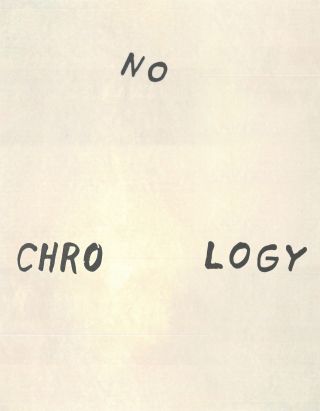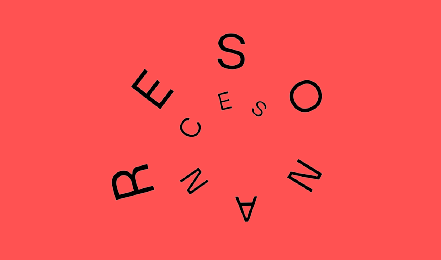‘research based art’
- « previous
- 1
- 2
- 3
- next »
Mail Art Chro-No-Logy
Mail Art Research Project In 2015, Artpool launched a research project – long needed in an international context as well – with the aim of creating a complex digital historical chronology of mail art, based on Artpool’s continuously expanding collection. The current results of this process can be viewed on the Artpool website, organised by year, starting in 1962 (when Ray Johnson founded the New …
Educational Events
In addition to its own research projects, the KEMKI Research Department attaches great importance to rendering the methodology and results of its art-historical research accessible to the wider public, and therefore periodically prepares a new series of events. KEMKI Methodology Workshop These workshops are offered to students of art history and art theory, with the aim of familiarising young …
"Active - Archive - Research" Workshop
On 26 October 2023, archive research workshops will be launched at the Artpool Art Research Center. The group of seven people (university students and young researchers from different professional backgrounds) will start their work under the leadership of Andrea Pócsik, cultural researcher. The idea of the "laboratory" is based on the unique feature of Artpool that participants can develop their own research questions in …
Resonances
Regional and Transregional Cultural Transfer in the Art of the 1970s Project leader: Emese Kürti, Zsuzsa László The Resonances research project examines the historical relationships, interactions, collaborations, cultural-political-social differences and similarities between the art scenes of the Central and Eastern European region from the second half of the 1960s to the fall of communism. Between 2021 and 2023, the first phase of the …
Flóra Barkóczi
Art Historian Between 2018-2022 she worked at Artpool Art Research Center. From 2022 on she is part of the Research Department at Central European Research Institute for Art History. Since 2020 she has been a PhD fellow at the Film, Media and Cultural Theory Doctoral Program at Eötvös Loránd University, Budapest. Her research focuses on the role of the technological mediums in the post-1960s …
- « previous
- 1
- 2
- 3
- next »




